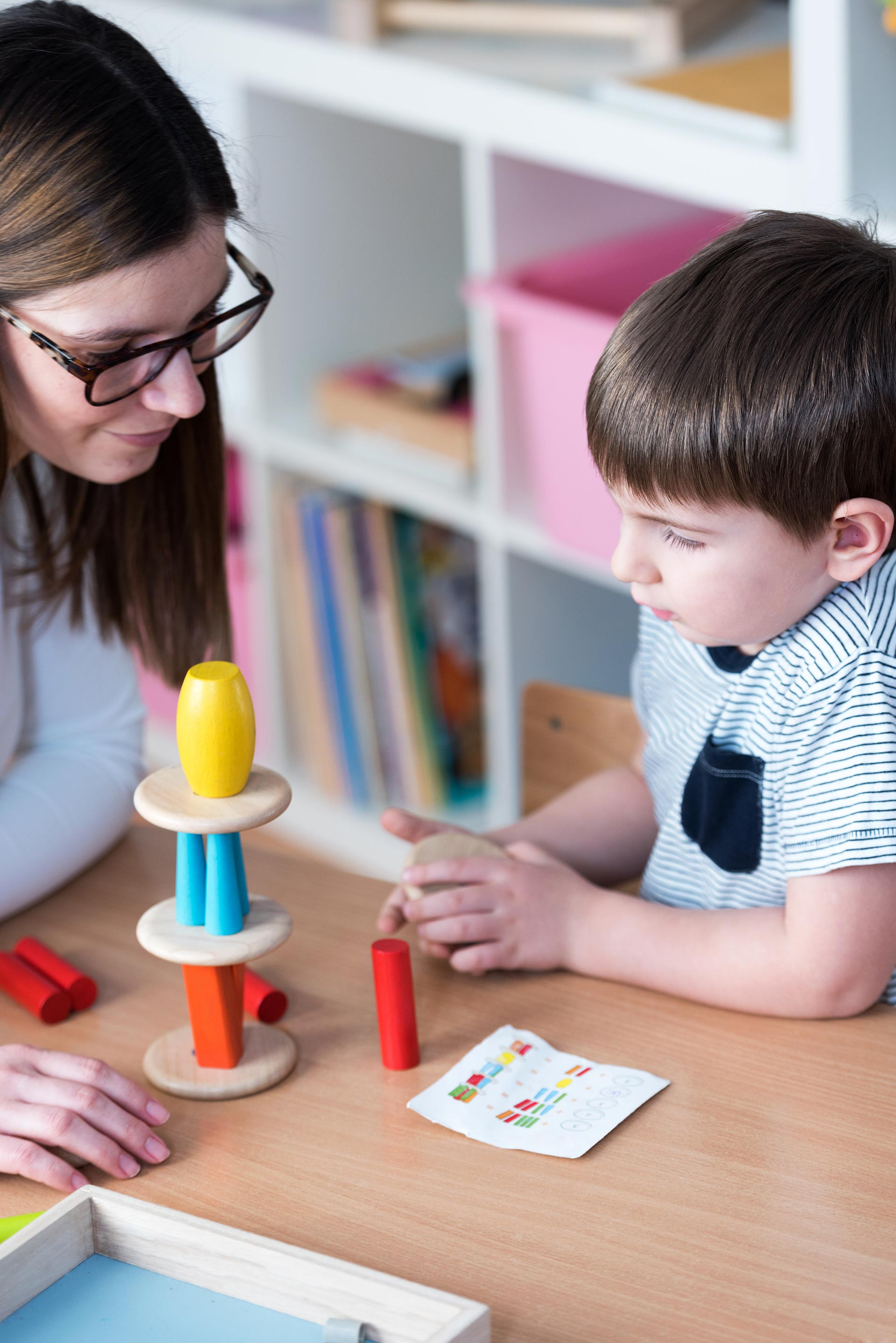
Start Prior to Day Care Launch:
Review the Schedule
Make sure your child is prepared to experience day care. You should be as detailed as possible explaining what to expect.
Adjust to the New Routine
Start a new sleep scheduled a few days earlier to get them use to getting up to go to day care one time.
Visit Nu Building Blocks Center
Provide a sense of security by visiting the day care with your child at least once. This will allow them to ware up to the new environment. Give them space to explore on their own. Nu Building Blocks has an open-door policy.
Make it Special
Give a back-to-school gift that will get them excited and geared up for the first day.
The First Morning:
Help your child settle in:
It’s important that you arrive early enough to allow yourself time to stick around. Ask your child to take you on a class tour. However, still make sure your goodbyes are short and sweet. Also, you may want to send something from home.
At the End of the Day
Arrive on Time
It’s comforting for the child knowing that the parent is going to be there. That’s why it is important to arrive on time, especially during the first week.

Professor Tina Bruce states, “play transforms children because it helps them to function beyond the here and now. They can become involved in more abstract thinking about the past, using the past, and into imagining the future, or alternative ways of doing things. It helps them to problem solve, and to experiment. It helps them to work out what they think and feel.”
Bruce identifies 12 “Features of Play”:
- Children use first hand experiences from life;
- Children make up rules as they play in order to keep control.
- Children symbolically represent as they play, making and adapting play props.
- Children choose to play – they cannot be made to play.
- Children rehearse their future in their role play.
- Children sometimes play alone.
- Children pretend when they play.
- Children play with adults and other children cooperatively in pairs or groups.
- Children have a personal play agenda, which may or may not be shared.
- Children are deeply involved and difficult to distract from their deep learning as they wallow in their play and learning.
- Children try out their most recently acquired skills and competences, as if celebrating what they know.
- Children coordinate ideas and feelings and make sense of relationships with their families, friends and cultures.

